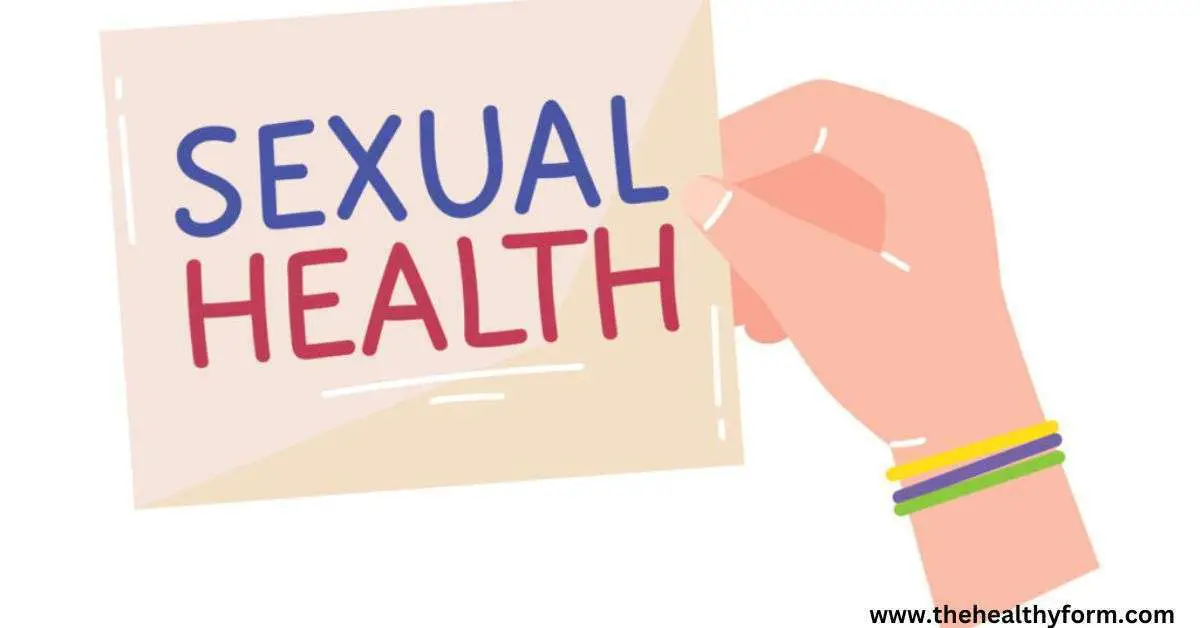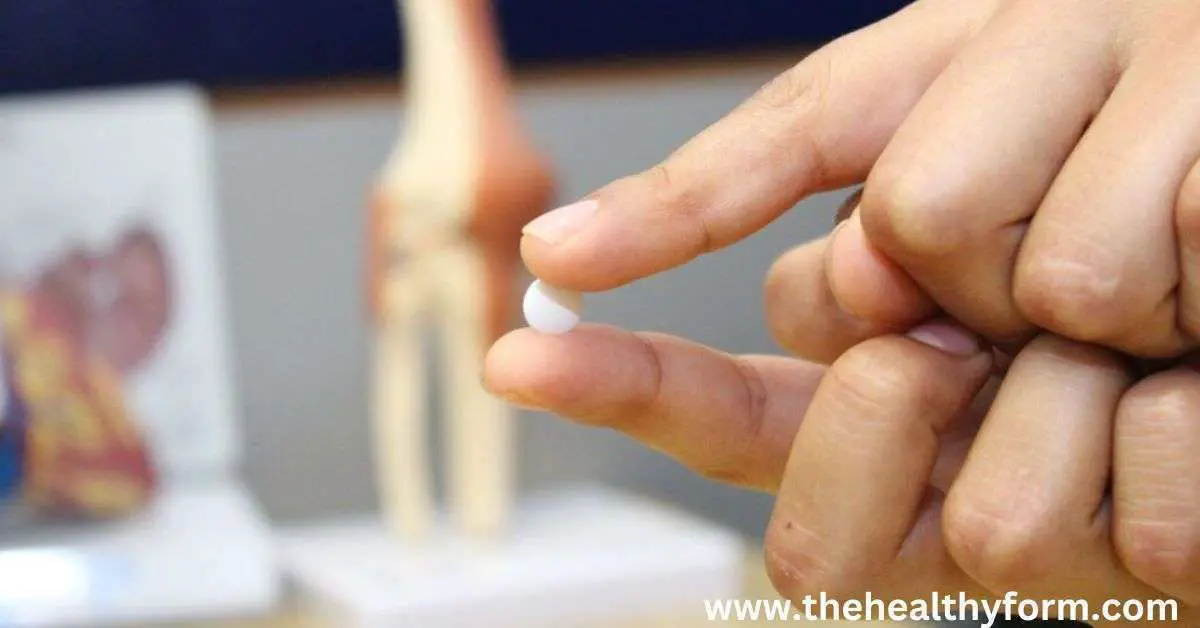Best Sexual Health Resources You Need to Know
Looking for reliable sexual health resources? Our comprehensive guide provides valuable information on everything from STI testing to safe sex practices. Many services are available to assist people in addressing their sexual and reproductive health issues because it is crucial to overall wellness. Healthcare professionals, such as physicians and nurses, who are qualified to offer medical attention and guidance on sexual health-related concerns might be among these options. Books, articles, and websites devoted to Education can offer support and knowledge on sexual health-related issues. Support groups may also provide a secure and encouraging setting for people to talk about their worries and experiences relating to sexual health.
Importance of Sexual Health
Understanding the importance of sexual health is essential for individuals and communities alike. Good sexual health contributes to improved relationships, self-esteem, and overall happiness. It also plays a vital role in preventing sexually transmitted infections (STIs) and promoting reproductive health. By investing in your sexual health, you can enjoy a better quality of life and maintain healthy relationships.
Common Sexual Health Issues
Before diving into the available resources, it’s crucial to be aware of common sexual health issues individuals may face. These can include erectile dysfunction, low libido, premature climax, vaginal dryness, and difficulties with arousal or orgasm. It’s important to remember that experiencing these issues is normal, and seeking help is encouraged.
What are Sexual Health Resources?
There are many different sexual health resources available, including those that focus on specific issues like contraception, sexually transmitted infections (STIs), and sexual assault. Some resources may be geared towards groups such as LGBTQ+ individuals or young people. Finding help that is appropriate for your specific needs and concerns is essential.
Healthcare professionals training in sexual health issues, such as doctors and nurses, can offer treatment and counseling. Specialist healthcare facilities, such as STI testing and family planning clinics, are specially prepared to manage sexual health requirements. For those who want to learn more about sexual health, educational resources, including books, articles, and websites, can be helpful and illuminating. Moreover, support groups can give people a secure and encouraging space to discuss their sexual health-related worries and experiences.
It is important to remember that seeking out sexual health resources is a regular and responsible part of taking care of your overall well-being. There is no shame in seeking information and support on sexual health issues, and finding a resource that makes you feel comfortable and supported is essential. Sexual health resources provide information and support for individuals’ sexual and reproductive health needs. These resources can include:
Natural Remedies for Sexual Health
Alongside professional help, natural remedies can complement your sexual health journey. While it’s important to consult a healthcare professional before trying any new remedies, some natural approaches that may promote sexual health include:
a. Healthy diet: Consuming a balanced diet rich in fruits, vegetables, whole grains, lean proteins, and healthy fats supports overall health, including sexual well-being.
b. Regular exercise: Physical activity improves blood circulation, releases endorphins, and boosts energy levels, positively impacting sexual health.
c. Stress management: Chronic stress can affect sexual desire and performance. Stress-reduction techniques such as mindfulness, meditation, or yoga can help improve sexual well-being.
d. Herbal supplements: Certain herbs like maca, ginkgo biloba, and Tribulus terrestris are believed to have aphrodisiac properties and may promote sexual health. However, consulting with a healthcare professional before taking any supplements is essential.
Lifestyle Factors Affecting Sexual Health
Various lifestyle factors can influence sexual health. It’s important to be aware of these factors and make conscious choices to support your sexual well-being. Some key lifestyle considerations include:
a. Healthy relationships: Building and maintaining healthy relationships based on trust, respect, and open communication is essential for a satisfying sexual life.
b. Quality sleep: Sufficient sleep improves well-being and can positively impact sexual desire and performance.
c. Reducing substance abuse: Excessive alcohol consumption and drug use can impair sexual function and decrease libido. Moderation is key.
d. Safe sex practices: Safe sex practices, such as using condoms and getting regular STI screenings, are crucial for protecting sexual health.
Benefits of Professional Help
Seeking professional help from sexual health experts can be immensely beneficial. These professionals, such as sex therapists or counselors, are trained to address concerns related to sexual health and provide guidance tailored to
your specific needs. Some benefits of seeking professional help include:
a. Expert guidance: Sexual health professionals have in-depth knowledge and experience addressing sexual health issues. They can provide personalized guidance and recommend appropriate treatments or therapies.
b. Emotional support: Discussing sexual health concerns with a professional can help alleviate anxiety, stress, or any emotional challenges you may face. They create a safe and non-judgmental space for open communication.
c. Improving communication: Sex therapists can help couples improve communication and intimacy, fostering healthier relationships and a more satisfying sex life.
d. Education and awareness: Professionals can educate you about sexual health, helping you understand your body, sexual desires, and techniques for enhancing pleasure. Educational materials, such as books, websites, and brochures, can provide information about sexual and reproductive health. These materials can be a good source of information for individuals who want to learn more about a specific topic or may not feel comfortable discussing their sexual and reproductive health needs with a healthcare provider.
Healthcare providers, such as doctors, nurses, and other healthcare professionals, can provide information and support for individuals’ sexual and reproductive health needs. This can include information about STIs, contraception, pregnancy, and other issues related to sexual and reproductive health.
Support groups
Support groups can provide a safe and supportive environment for individuals to discuss their sexual and reproductive health needs and concerns. These groups can be in-person, online, or specific to a topic like STIs or pregnancy.
How Can Sexual Health Resources be Accessed?
There are several ways in which individuals can access sexual health resources. These include:
Visiting a healthcare provider
Healthcare providers, such as doctors, nurses, and other healthcare professionals, can provide information and support for individuals’ sexual and reproductive health needs. These providers can be accessed through a visit to a clinic, hospital, or telehealth services.
Consulting educational materials
Educational materials, such as books, websites, and brochures, can provide information about sexual and reproductive health. These materials can be accessed at a library, bookstore, or online.
Joining a support group
Support groups can provide a safe and supportive environment for individuals to discuss their sexual and reproductive health needs and concerns. These groups can be found through local organizations, online resources, or healthcare providers.
Conclusion
Sexual health resources provide information and support for individuals’ sexual and reproductive health needs. These resources can include healthcare providers, educational materials, and support groups. By accessing these resources, individuals can get the information and support they need to make informed decisions about their sexual and reproductive health.





